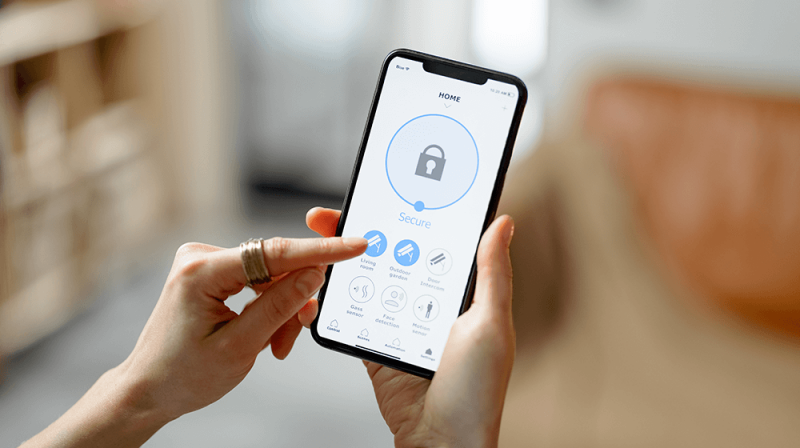
In today's digital age, smartphones have become an indispensable part of our lives. From staying connected with loved ones to managing our schedules, these devices have transformed the way we interact with the world. However, with the convenience comes the concern for privacy. As we rely more and more on our smartphones, it's crucial to be aware of the potential privacy risks they pose. This article sheds light on essential privacy tips every smartphone user should know. In an era where our smartphones hold a treasure trove of personal information, safeguarding our privacy has never been more critical.
Smartphones store sensitive data, including emails, contacts, photos, and even financial information. Unauthorized access to this data can lead to identity theft, financial loss, and various other privacy breaches.
Regularly updating your smartphone's operating system and apps ensures you have the latest security patches, minimizing vulnerabilities that hackers could exploit.
Using strong, unique passwords or PINs for your device and apps adds an extra layer of security, making it harder for unauthorized users to gain access.
Carefully review and limit app permissions. Only grant access to the data an app truly needs to function, reducing the risk of unnecessary data exposure.
Public Wi-Fi networks are often less secure. Avoid accessing sensitive information while connected to these networks, or consider using a virtual private network (VPN).
2FA adds an extra step for verification, making it significantly harder for unauthorized users to access your accounts, even if they have your password.
Enabling device encryption ensures that even if your smartphone is lost or stolen, your data remains inaccessible without the encryption key.
Periodically check and update the permissions you've granted to apps. Revoke access for apps that no longer need it.
Stay vigilant against phishing attempts, especially through emails or messages asking for personal information. Verify the sender's legitimacy before sharing any data.
Refrain from clicking on unfamiliar links or downloading apps from unofficial sources, as they may contain malware or spyware.
Review and manage location settings for apps. Share your location only with trusted apps that genuinely require it.
Use messaging apps with end-to-end encryption to ensure that your private conversations remain confidential.
Utilize biometric features like fingerprint or facial recognition to enhance the security of your device.
Frequently back up your smartphone's data to a secure cloud service or computer to prevent permanent data loss in case of theft or damage. As smartphones continue to play a central role in our lives, prioritizing privacy is non-negotiable. By following these privacy tips, you can mitigate risks and ensure that your personal information remains safe and secure.
Elevate Your Viewing Experience: Top 5 Best 55-Inch QLED Smart TVs
Elevate Your Tech Game with the Affordable 1.96 Inch Display Smartwatch
QR Code Magic: Effortless E-Sim Activation on Android Devices